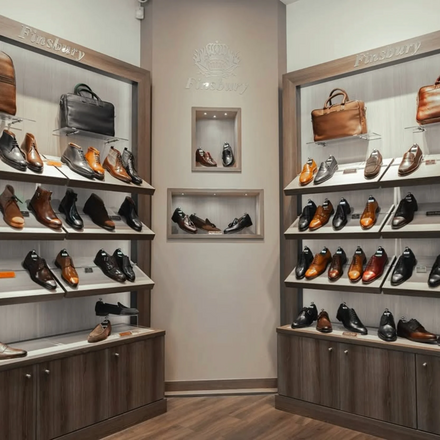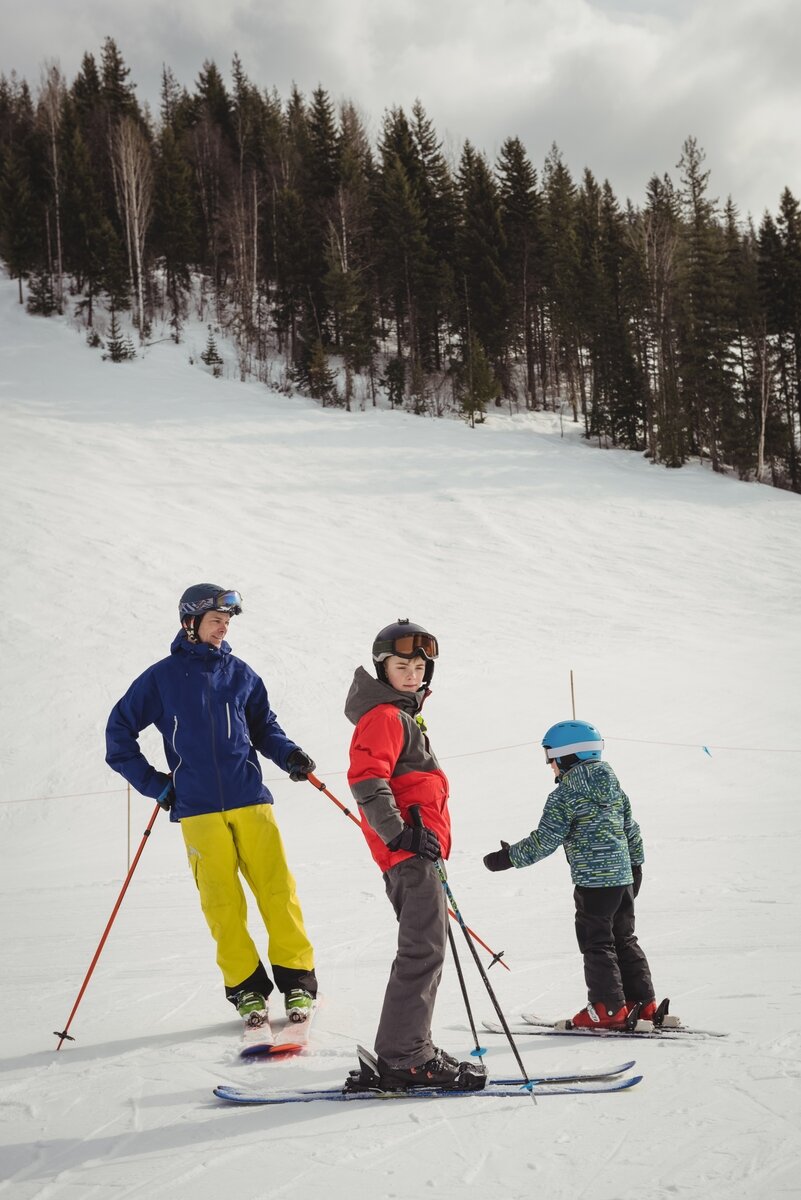Winter business

Explore the lucrative world of ski school franchises, where a love for winter sports meets the opportunity to create a sustainable and profitable business.
Ski schools are an essential part of the winter tourism industry, attracting beginners, families, and enthusiasts looking to enhance their skills on the slopes. Europe’s alpine regions, including the French Alps, Austrian Tyrol, and Italian Dolomites, are at the heart of this thriving sector. With millions of visitors annually, the demand for ski lessons continues to grow, making ski school franchises an attractive business opportunity. Franchise networks offer proven systems, expert training, and strong marketing support to help entrepreneurs succeed in this competitive industry. For those passionate about skiing and eager to invest, ski school franchises combine an active lifestyle with financial potential.
Investment and startup costs
The cost of establishing a ski school franchise depends on the brand and location. Franchise fees generally range from €10,000 to €25,000, granting the right to operate under a reputable name and utilize its established methods. The total startup costs, which include equipment purchases, marketing expenses, and instructor training, typically amount to between €30,000 and €50,000. In addition to these initial investments, franchisees are required to pay ongoing royalty fees, which usually range from eight to twelve percent of annual revenue, along with contributions to a centralized marketing fund. Despite these costs, many ski school franchise owners report solid profit margins during the ski season due to consistently high demand.
Formats and locations
Ski school franchises typically operate in two formats: dedicated resort-based schools and mobile units. Resort-based franchises are established in popular ski destinations such as Chamonix, Zermatt, and Zakopane, taking advantage of well-developed infrastructure and a steady stream of tourists. This model often requires a higher initial investment but offers consistent revenue potential. Alternatively, the mobile model focuses on providing lessons in smaller resorts or private settings. This format requires less upfront capital and allows for flexibility, making it particularly appealing in emerging ski markets. Both formats cater to a wide audience, ranging from children and families to advanced skiers seeking personalized training.
Franchisee support and benefits
Franchisors provide comprehensive support to ensure franchisees can operate their schools effectively and maintain the highest standards of instruction. Training programs cover everything from ski techniques to customer service and business management, equipping franchisees and their instructors with the skills needed for success. Marketing support is a key feature of most franchise packages, with central campaigns, digital strategies, and local promotions helping to attract clients. Operational guidance is provided through detailed manuals, online booking systems, and continuous advisory services, making day-to-day management more streamlined. Additional benefits, such as group insurance packages and bulk purchasing agreements for equipment, help reduce operational costs and administrative challenges.
How to start
To become a ski school franchisee, candidates must first choose the right brand and location. While a background in skiing or winter sports is not mandatory, a passion for the industry is highly valued. Franchisors often look for individuals with strong organizational skills and a customer-focused approach. After signing the franchise agreement, the setup process involves hiring certified instructors, purchasing or leasing ski equipment, and obtaining the necessary permits to operate in the chosen area. Franchisors typically recommend starting with a team of five to ten instructors and ensuring that a sufficient inventory of skis, snowboards, and safety gear is available. Once operational, franchisees receive ongoing support to help them build a strong local presence and maintain high client satisfaction.
A rewarding venture
Ski school franchises offer more than just financial rewards. For many franchisees, the opportunity to work in a dynamic, outdoor environment and share their passion for skiing with clients is deeply fulfilling. With the backing of a recognized brand, extensive training, and a robust support system, ski school franchises represent a unique opportunity to combine personal interests with professional growth. As the popularity of winter sports continues to rise, this business model promises a bright and rewarding future for aspiring entrepreneurs.
Featured franchises
No featured franchises
Other concepts from sector consumer services
Breaking news
Show all
Next Engineers - a global STEAM Education
Innovative STEAM education franchise empowering children through hands-on engineering learning, combining structured curricula with scalable...

LA BARBE DE PAPA
Step into a premium grooming network built for growth, offering a structured franchise model with clear financials and strong operational support.

Pandora Greenbox franchise
Pandora Greenbox offers a scalable fast-casual concept combining healthy cuisine, smart design and strong unit economics across Europe.

Expanding premium footwear through franchising
A French footwear brand expanding through franchising, offering structured entry into premium shoe retail with established operational standards.



